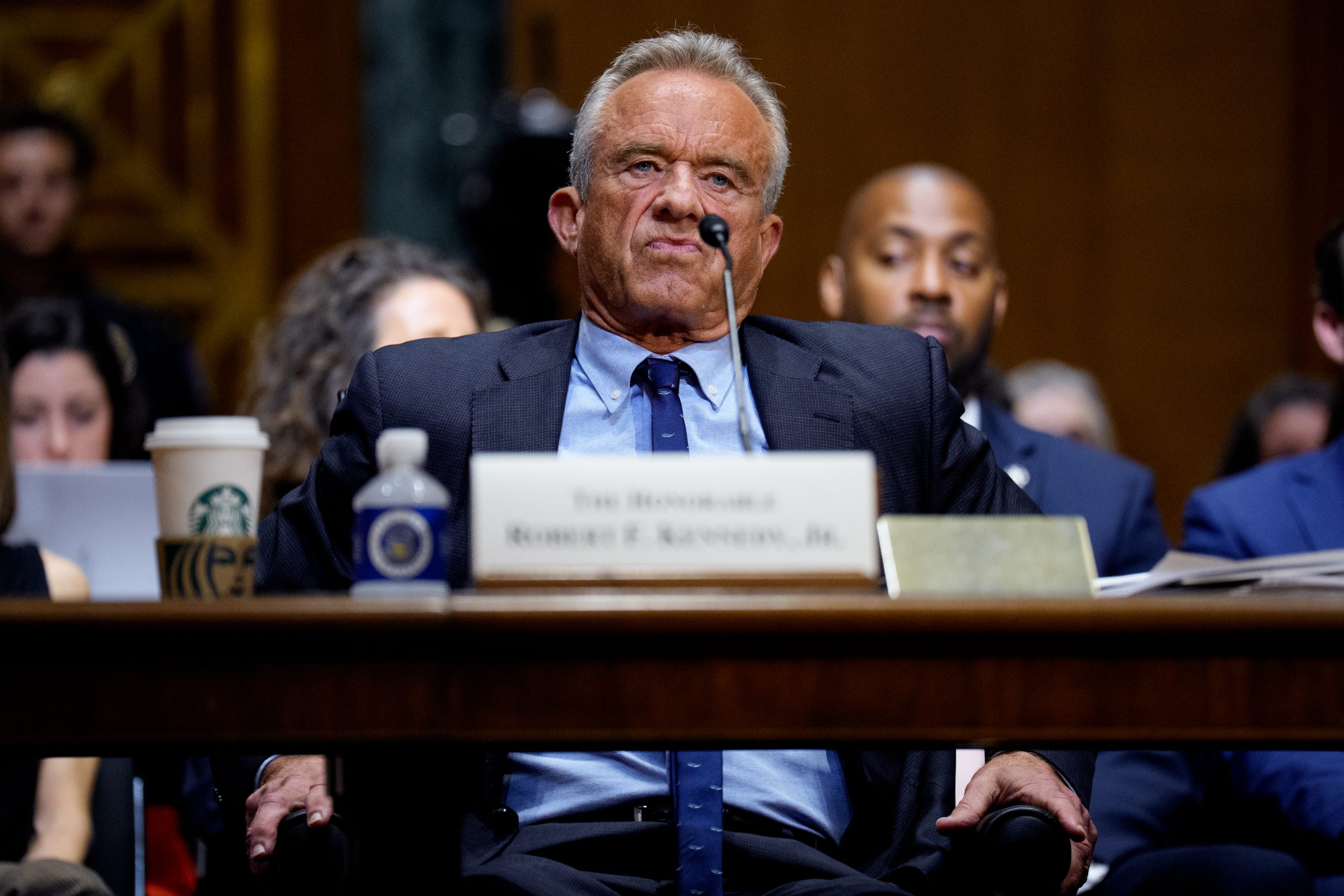The recent warnings issued by President Trump and Health Secretary Robert F. Kennedy Jr. advising pregnant women to avoid Tylenol due to a purported link to autism have ignited a firestorm of controversy. This unsubstantiated claim, lacking robust scientific evidence, highlights a concerning trend: the prioritization of ideology over evidence-based policymaking in crucial health decisions. The implications extend far beyond a simple over-the-counter pain reliever, raising serious questions about public trust in scientific consensus and the potential for misinformation to undermine public health initiatives.
The Tylenol Controversy: A Lack of Scientific Backing
The assertion linking Tylenol (acetaminophen) to autism is not supported by credible scientific research. While some studies have explored potential correlations, none have established a causal relationship. The absence of strong evidence hasn’t deterred the dissemination of this claim, however, with high-profile figures leveraging their platforms to spread unverified information. This raises serious concerns about the potential for widespread fear and confusion among expectant mothers, leading to potentially harmful self-medication choices and a disregard for evidence-based medical advice. The lack of transparency and rigorous scientific review in the dissemination of this information is particularly troubling.
Beyond Tylenol: A Broader Pattern of Ideology Over Science
The Tylenol warning is not an isolated incident. It’s symptomatic of a larger pattern observed within the current administration, where ideological considerations seem to outweigh scientific consensus in policy formulation. A recent, less publicized meeting of the vaccine advisory committee, handpicked by Kennedy, further exemplifies this trend. This meeting, aimed at updating the US vaccination schedule, was reportedly chaotic and confusing, even for some committee members themselves. This lack of clarity and internal disagreement underscores the potential for flawed decision-making processes when scientific rigor is compromised. The consequences of such actions could extend to vaccine hesitancy, potentially impacting herd immunity and public health.
The Erosion of Public Trust and the Need for Evidence-Based Policy
The spread of misinformation regarding health issues, particularly those amplified by influential figures, erodes public trust in established scientific institutions and medical experts. This erosion of trust can have far-reaching consequences, affecting vaccination rates, adherence to medical advice, and overall public health outcomes. The focus should remain firmly on evidence-based policymaking, driven by rigorous scientific research and peer review. Transparent and accessible communication of scientific findings is crucial to counter the spread of misinformation and ensure informed decision-making by both healthcare professionals and the public. The current situation demands a stronger emphasis on scientific integrity and accountability in policy formulation to safeguard public health.
Conclusion:
The Tylenol controversy serves as a stark reminder of the importance of critical thinking and the reliance on credible scientific evidence in navigating health-related decisions. The prioritization of ideology over evidence-based policymaking is a dangerous precedent, potentially undermining public health initiatives and eroding public trust. A renewed commitment to scientific integrity and transparent communication is paramount to ensure accurate information reaches the public and to maintain confidence in the institutions responsible for safeguarding public health.
Based on materials: Vox





